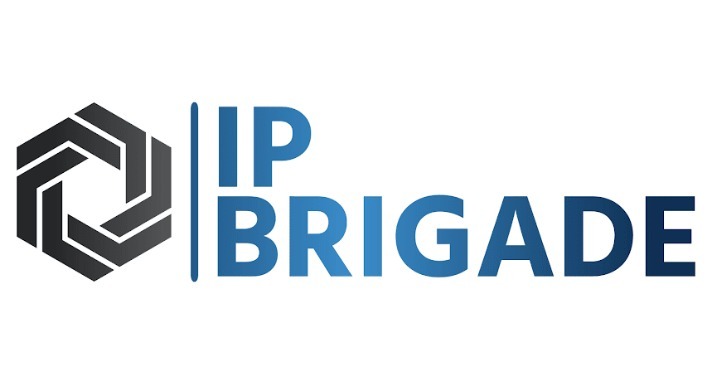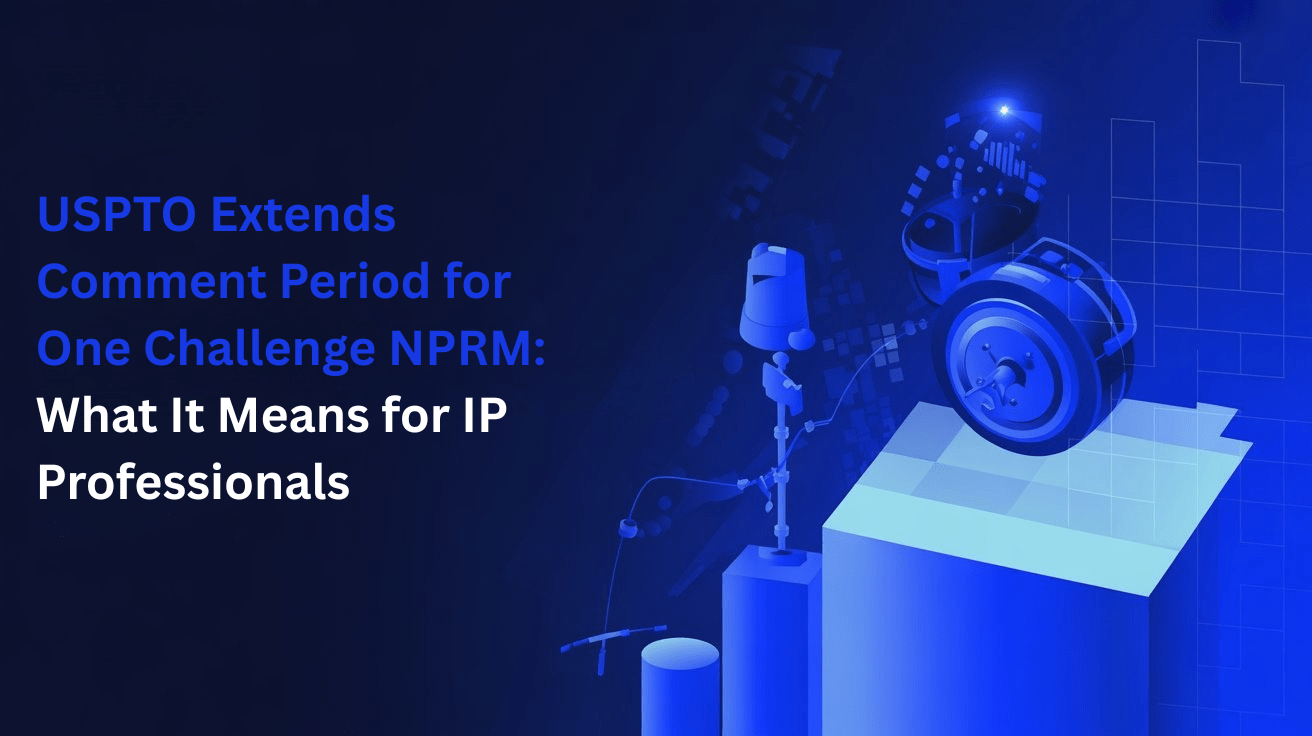USPTO Update and Its Impact on Intellectual Property Services
On November 6, 2025, the United States Patent and Trademark Office (USPTO) announced an extension to the public comment period for its Notice of Proposed Rulemaking (NPRM) titled “Revision to Rules of Practice Before the Patent Trial and Appeal Board (One Challenge NPRM)”. The new deadline for submitting public comments is December 2, 2025, extending the comment window from 30 days to 45 days.
This announcement may seem procedural at first glance, but for patent owners, practitioners, and those involved in intellectual property services, it signals a critical opportunity to help shape the future of U.S. patent practice particularly in the context of how challenges before the Patent Trial and Appeal Board (PTAB) are managed.
Understanding the One Challenge NPRM
The One Challenge NPRM is part of the USPTO’s ongoing effort to refine and improve the rules governing PTAB proceedings. The proposed rule specifically addresses discretionary denial practices, which determine whether or not the PTAB decides to review a patent challenge.
Under current practice, PTAB judges may use their discretion to deny institution of inter partes review (IPR) or post-grant review (PGR) petitions based on various factors—such as the existence of parallel litigation or the stage of district court proceedings.
The One Challenge NPRM aims to streamline this process by clarifying how and when such discretionary denials should occur. In essence, the proposal seeks to make PTAB challenges more predictable and efficient, reducing uncertainty for petitioners and patent owners alike.
Why the Extension Matters
The USPTO’s decision to extend the public comment period was made in response to requests from stakeholders who wanted more time to review the proposal and provide feedback. By adding an additional 15 days, the Office is ensuring broader participation and more informed responses from the IP community.
This move reflects the USPTO’s ongoing commitment to transparency and collaboration. For organizations offering intellectual property services, this is a crucial window to engage in policymaking that may directly affect how patent disputes are handled in the coming years.
Participation in such comment periods allows firms and professionals to:
- Influence how new rules are drafted and implemented.
- Highlight practical challenges faced by inventors and attorneys.
- Advocate for policies that improve efficiency and fairness in PTAB proceedings.
Implications for Patent Owners and Practitioners
The One Challenge NPRM could bring significant procedural changes that impact how patent challenges are initiated and defended. Here are some potential implications for various stakeholders:
1. Greater Clarity and Predictability
One of the most common criticisms of current PTAB practices is inconsistency. Patent owners and challengers often find it difficult to anticipate how the Board will exercise discretionary denial. If the proposed rules establish clearer standards, it could make litigation and IP portfolio strategies more predictable.
2. Strategic Considerations for Parallel Litigation
Many discretionary denials occur when there is an overlapping case in district court. The NPRM may change how the PTAB considers these situations, potentially encouraging more coordination between litigation and post-grant strategies.
3. Faster and More Efficient Proceedings
Streamlining discretionary denial procedures could reduce procedural delays, helping both petitioners and patent owners save time and resources. This is particularly valuable for startups and innovators who rely on strong IP protection to attract investment.
4. Policy Alignment with Innovation Goals
By inviting more public input, the USPTO is ensuring that the new rules align with broader innovation and economic growth goals. Intellectual property services providers—who play a crucial role in helping clients secure and manage IP rights—should stay informed about these shifts to adapt their strategies accordingly.
The Role of Intellectual Property Services Providers
Firms that specialize in intellectual property services, such as IP Brigade, serve as vital intermediaries between inventors, legal professionals, and policymakers. Understanding regulatory changes like the One Challenge NPRM enables such firms to offer timely advice and actionable insights.
Here’s how IP service providers can support clients during this period of change:
1. Policy Monitoring and Analysis
By keeping a close watch on USPTO updates, intellectual property professionals can interpret new rules and translate them into practical guidance for clients. This helps innovators and corporations anticipate shifts in enforcement and litigation practices.
2. Drafting and Submitting Public Comments
Public comments play a key role in shaping the final form of USPTO regulations. IP service firms can help clients draft well-reasoned, data-driven submissions that reflect real-world experience. This ensures that their voices are heard in the policymaking process.
3. Strategic Portfolio Planning
Rule changes often have ripple effects on IP portfolio management. By understanding how discretionary denials might evolve, firms can help clients adjust their filing, litigation, and licensing strategies to maintain strong patent protection.
4. Cross-Disciplinary Collaboration
Patent law increasingly overlaps with technology, data, and policy. Intellectual property services providers can bridge these gaps by collaborating with technical experts, legal counsel, and industry bodies to ensure clients’ interests are represented comprehensively.
Why Stakeholder Input Matters
The USPTO has emphasized that it values feedback from all segments of the innovation ecosystem—including inventors, corporations, attorneys, and IP service providers. The extended comment period ensures that stakeholders have enough time to carefully review the NPRM and submit thoughtful insights.
Meaningful participation in this process not only improves the quality of the final rule but also strengthens the relationship between regulators and the innovation community. In the long term, such engagement helps create a more efficient and fair patent system—one that rewards creativity while maintaining public trust.
What Comes Next
With the comment period now extended to December 2, 2025, stakeholders have a limited but valuable opportunity to provide feedback. Once the USPTO reviews all submitted comments, it will finalize and publish the rule, potentially implementing significant changes in 2026.
For IP professionals and organizations offering intellectual property services, the next few weeks are an ideal time to:
- Review the proposed rule and its potential implications.
- Discuss the NPRM internally or with clients.
- Prepare and submit comments that reflect industry perspectives.
Conclusion
The USPTO’s decision to extend the comment period for the One Challenge NPRM underscores its commitment to transparency and collaboration within the IP ecosystem. While procedural in nature, this update carries meaningful implications for how patent challenges are managed and resolved.
For patent owners, attorneys, and those involved in intellectual property services, this is more than a deadline extension—it’s an opportunity to shape the future of PTAB practice and contribute to a more robust and predictable patent system.
As the landscape of intellectual property continues to evolve, staying informed and proactive will remain essential. IP Brigade will continue to monitor developments, analyze their impact, and support clients in navigating the changing regulatory environment.
IP Brigade — Empowering Innovation Through Insightful Intellectual Property Services.
📩 Contact us at: [email protected]
🌐 Visit: https://ipbrigade.com


